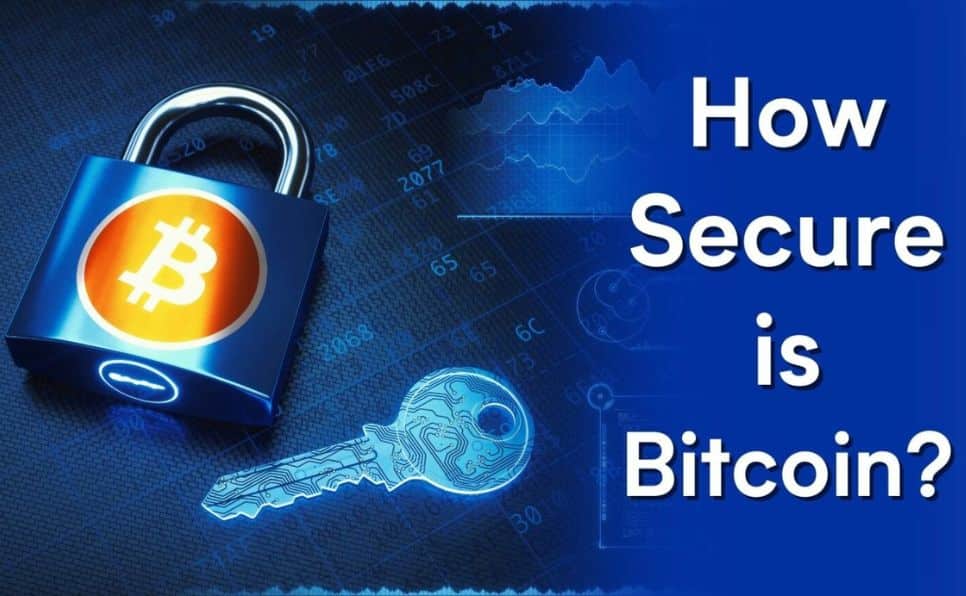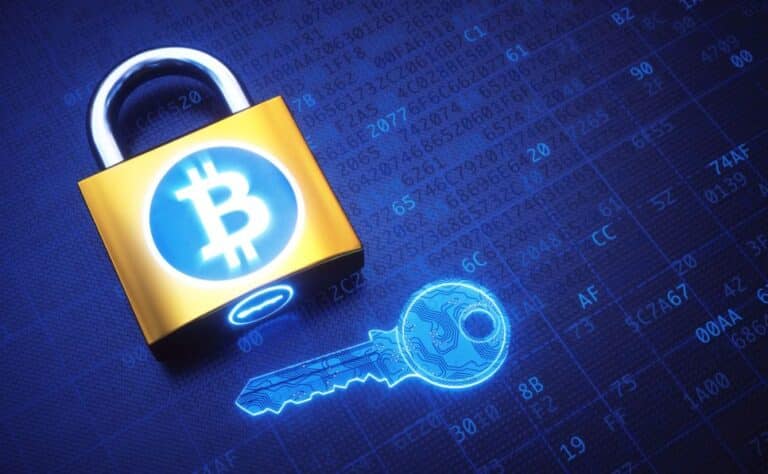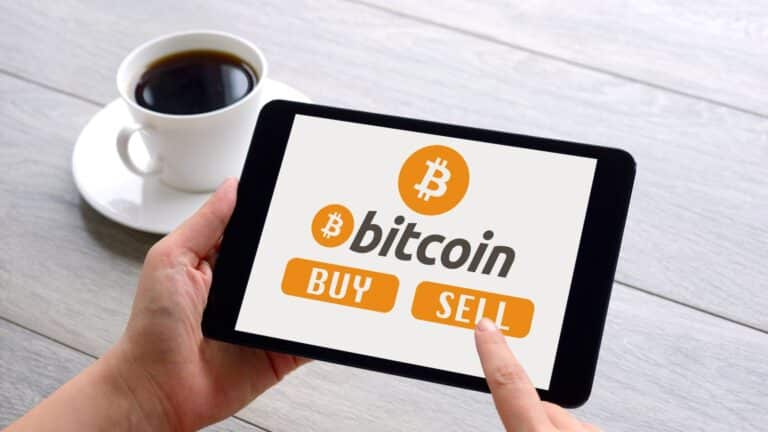Ever since its inception, Bitcoin has had user security and privacy in mind. However, despite its reputation for being secure, the security, traceability, and hack resistance of Bitcoin have been topics of debate and concern among users and experts alike.
Security
Bitcoin transactions are secured through cryptography, which makes it nearly impossible to alter or interfere with a transaction once it is verified on the blockchain. Additionally, the decentralized nature of bitcoin eliminates the need for intermediaries, such as banks, to verify transactions, reducing the risk of a single point of failure. However, it is important to note that the security of a bitcoin transaction is only as strong as the security of the individual’s wallet. If a user’s wallet is not properly secured, their bitcoins can be stolen through hacking or phishing attacks.
Traceability
Despite its reputation for anonymity, Bitcoin transactions are actually traceable. The public ledger of all Bitcoin transactions, known as the blockchain, allows for transparency and the ability to track the flow of Bitcoin from one address to another. However, the identity of the person behind the transaction is not necessarily known, as users can operate under pseudonyms.
Hack Resistance
The decentralized nature of Bitcoin and its use of cryptography make it more secure than traditional currencies. However, exchange platforms and wallets are still vulnerable to hacking and security breaches. In the past, there have been several instances of exchanges being hacked and bitcoins being stolen. Additionally, individual wallets can be hacked if they are not properly secured. It is important for users to properly secure their wallets to ensure the safety of their Bitcoin.
Tips to Keep your Bitcoin Secure:
Use a hardware wallet: A hardware wallet is a physical device that stores the individual’s private keys and is not connected to the internet, making it more secure than a software wallet.
Enable two-factor authentication in your wallet: Two-factor authentication adds an extra layer of security to a user’s account by requiring them to enter a code from their phone in addition to their password.
Use a strong password: A strong password should be at least 12 characters long and contain a mix of letters, numbers, and symbols.
Keep software up to date: Regularly updating the operating system and other software on the individual’s device can help protect against security vulnerabilities.
Backup private keys: It is important to backup private keys and store them in a safe place, as they are the only way to access your Bitcoin.







